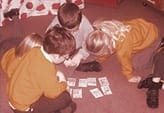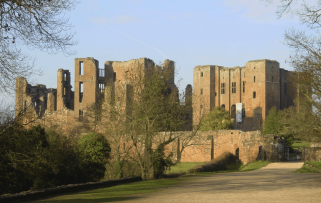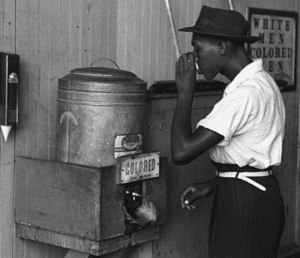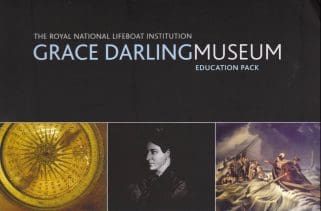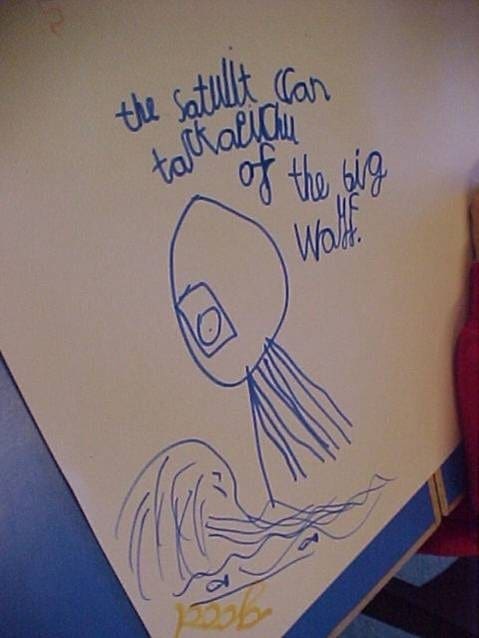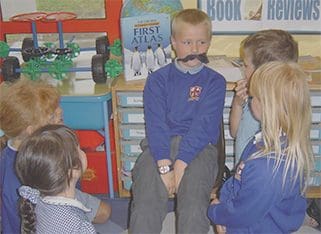
Mind-friendly learning in history focuses on creating rich, engaging experiences that align with how young children’s brains develop and absorb information. By tapping into natural curiosity, using storytelling, sensory activities, and meaningful connections, we can make the past feel real and relevant. This approach helps children enjoy learning, retain knowledge more effectively, and build a strong foundation for historical thinking.
Whether through role-play, visual prompts, or talk-based exploration, mind-friendly strategies ensure that history is not just taught, but deeply understood and enjoyed by even the youngest learners.
Create positive relationships
- Use positive language that builds confidence. Greet by name. Good eye contact at start of lesson
- Set high expectations of learning and behaviour. Praise good behaviour as well as achievement.
- Deal with inappropriate behaviour positively
- Use praise to criticism ratio of 4:1 throughout the lesson
- Create a climate in which pupils co-operate effectively
- Provide stimulating displays that encourage learning
- Encourage

